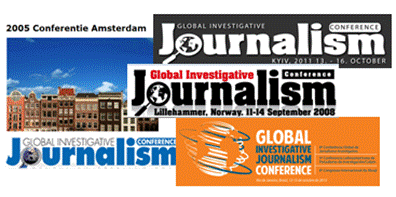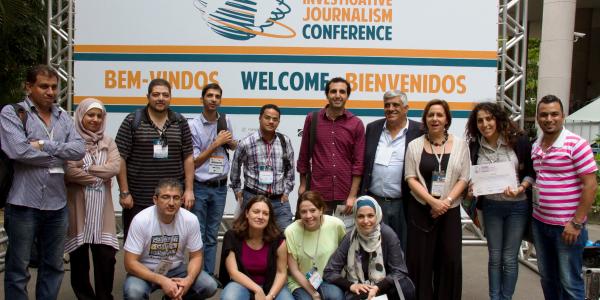

After Lillehammer: Call for Proposals for GIJC 2017
The Global Investigative Journalism Conference is the world’s premier international gathering of investigative journalists. Held every two years, the conferences have trained more than 5,000 journalists, sparked hundreds of investigations and collaborative projects, and played a key role in the global spread of investigative reporting over the past 15 years. With a focus on training and networking, the GIJC attracts as many as 1,000 reporters and editors from 100 countries.
Producing the event requires intense planning, fund-raising, and  operational skills by its hosts, but the effort is worth it because of the high standards of GIJC speakers and sessions, its global impact, and the way it raises the profile and stature of the organizers.
operational skills by its hosts, but the effort is worth it because of the high standards of GIJC speakers and sessions, its global impact, and the way it raises the profile and stature of the organizers.
The Global Investigative Journalism Network, which oversees the conferences, is now accepting proposals for the 10th Global Investigative Journalism Conference, to be held in 2017.
Potential hosts must be a GIJN member.
If your organization would like to host the next GIJC after this year’s conference in Lillehammer, Norway, now is the time to assemble and submit a proposal.
Deadline to submit a proposal is July 31, 2015.
The decision on the 2017 conference will be made by GIJN’s 100-plus member organizations. (Each organization gets a single vote.) Voting will held in person and electronically at the GIJN delegates meeting at the Lillehammer conference in October.
Proposals will be public and posted on the GIJN.org website.
The hosting organization will team with the GIJN Secretariat and GIJN member groups to finance and organize the conference. We recommend detailed proposals of at least five pages that discuss:
- Fundraising strategy, including the host organization’s ability to find funding and sponsorships. (The average cost of a GIJC is about US$500,000.)
- Ability of the host organization to obtain local support.
- Host organization’s experience at organizing conferences.
- Host organization’s experience in management.
- Advantages of holding the GIJC in the suggested city, including environment, transportation, logistics, security, visas, and cost.
- Estimated budget for the conference.
- A description of the potential venue (hotel, conference center, university) for the conference.
- Suggested focus and structure of conference panels, workshops, and other events.
Please let us know if you have any questions or need any clarifications on requirements by contacting us. Inquires and proposals should be sent to secretariat@gijn.org.









